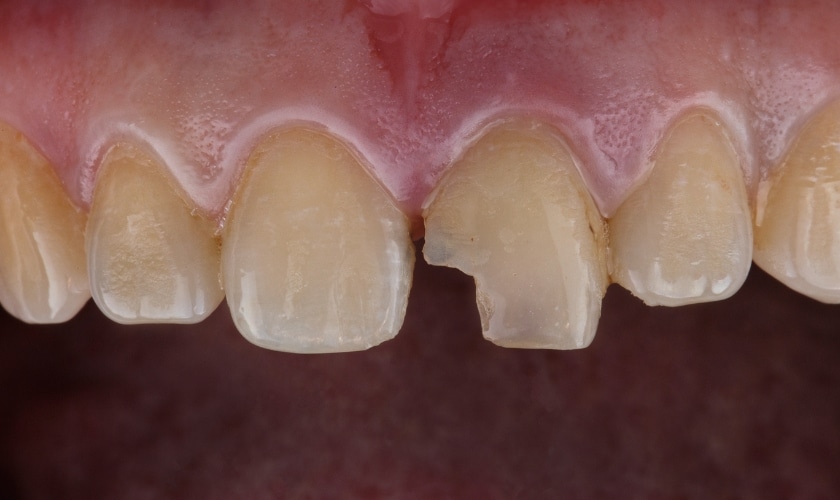
Are you dealing with a chipped tooth? You’re not alone. Chipping a tooth is a common dental issue that can happen to anyone, and it’s important to address it as soon as possible. Not only can a chipped tooth affect your smile and confidence, but it can also lead to further complications if left untreated. But fear not! There are several options available for fixing a chipped tooth, and in this blog post, we’ll explore them all. Let’s dive into the world of dental solutions that will have you smiling again in no time!
Options For Fixing a Chipped Tooth
There are a number of practical options to take into consideration when it comes to fixing a chipped tooth. Depending on your unique situation and the extent of the chip, there will be a different option for you. Here are a few well-liked options:
1. Dental Bonding
2. Porcelain Veneers
3. Dental Crowns
4. Dental contouring
A chipped tooth is more than just a cosmetic hiccup; it can impact your speech, eating, and even your confidence. But fear not, fellow smilers! This comprehensive guide delves into the world of chipped teeth, exploring treatment options, recovery tips, and what other websites might leave out. Let’s navigate this together and get your smile back on track.
1. Dental Bonding
One common and efficient method of fixing a chipped tooth is dental bonding. A tooth-colored resin material is used in this procedure, and it is applied to the tooth’s damaged area. After that, the resin is molded and shaped to perfectly resemble the original tooth shape, resulting in a seamless restoration. Dental bonding usually only requires one visit to the cosmetic dentist, which is one of its advantages. For individuals who require instant results, the procedure is a great option because it is both painless and reasonably quick.
2. Porcelain Veneers
Another well-liked remedy for a chipped tooth is veneers. These tiny, precisely crafted shells are cemented to the front surface of the tooth and are composed of porcelain or composite resin.
The ability of veneers to completely change the appearance of your smile is one of their greatest benefits. They can hide stains, gaps, and even minor misalignments in addition to fixing chips.
3. Dental Crowns
Dental crowns can be a useful remedy for repairing a chipped tooth. A dental crown, sometimes referred to as a cap, is a specially designed covering that is placed over a damaged tooth to help it regain its structure and function.
Typically, porcelain or ceramic are used to make crowns because they are both durable and have a natural-looking appearance. To blend in perfectly with your smile, they are made to match the color and shape of your current teeth.
4. Dental contouring
Your dentist will carefully shape and polish the damaged tooth to remove any sharp edges or uneven surfaces during tooth reshaping. This procedure can improve your overall oral health in addition to the appearance of your smile.
At Pacific Northwest Dental, our experienced dentists in Beaverton, Oregon, prioritize understanding your unique situation and concerns. We offer a personalized approach, explaining each treatment option and its benefits and drawbacks to help you make informed decisions. Chipped teeth can sometimes cause sensitivity to hot and cold. Talk to your dentist about desensitizing toothpaste or other options to manage discomfort. Wearing a mouthguard during sports or activities with a high risk of facial injuries can significantly reduce the chances of chipped teeth. Don’t underestimate the emotional toll of a chipped tooth. Pacific Northwest Dental understands the impact on your confidence and self-esteem, and we’re here to support you throughout the process.
Costs vary depending on the severity of the chip, the chosen treatment, and your insurance coverage. Pacific Northwest Dental offers flexible payment options and upfront cost estimates.
Minor bonding procedures can be done in a single visit, while crowns or veneers might require multiple appointments.
Stick to soft foods for the first few days, gradually transitioning to your regular diet as healing progresses. Avoid hot beverages and hard foods that could irritate the treated area.
The longevity of the repair depends on the severity of the chip, the chosen treatment, and your oral hygiene practices. Regular dental checkups and proper care are crucial for long-lasting results.
